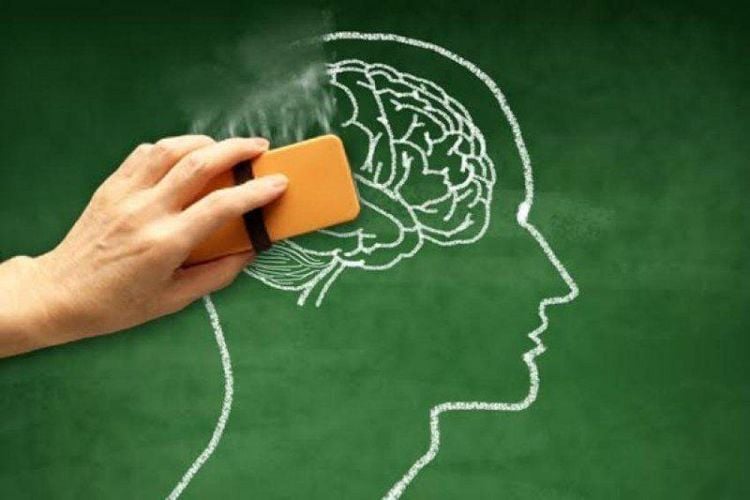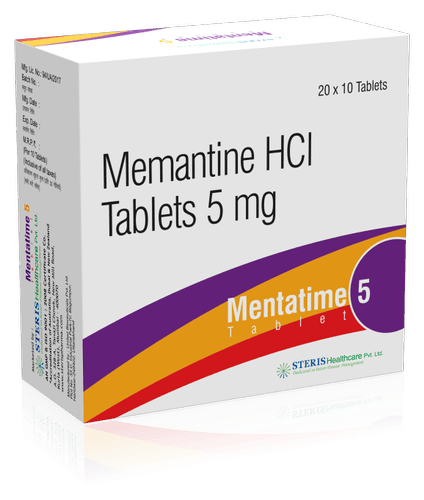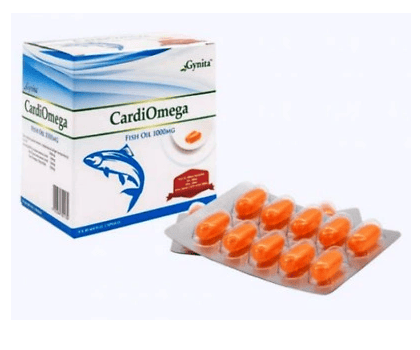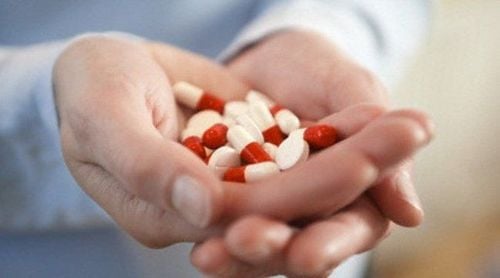This is an automatically translated article.
The elderly often have memory loss and diabetes is also a very common disease in the elderly. If it is not prevented or treated early, it is certainly a serious problem for every family.
1. What are the causes of memory loss in the elderly?
There are many reasons for memory decline in the elderly. In which, the most common is due to:
Due to age: From the age of 20, the number of brain cells, including the amount of neurotransmitters, also begins to decline. As we age, nerve cell membranes are more vulnerable to free radicals. This ingredient also damages the DNA of the cell nucleus and causes nerve cell damage and memory loss. Diseases such as diabetes, hepatitis, trauma, and high blood pressure also cause memory loss in the elderly. Psychological stress, stress, insomnia, ... causes memory loss.

Có rất nhiều lý do khiến suy giảm trí nhớ ở người già
2. Learn about memory loss in people with diabetes
Elderly people often talk first, forget later, or ask the same question over and over again but don't remember the other person already answered. Turn on the faucet and forget to close it, don't remember what to do, lose focus while working,... These are the first manifestations of memory impairment in the elderly. If it is not prevented or treated early, it is certainly a serious problem for every family.
2.1 Diabetes in the elderly Elderly people often face many dangerous diseases, the most common of which is diabetes. Because at this time, the resistance of the elderly is very low, creating conditions for many diseases to raging. The symptoms of diabetes cause a lot and affect the daily life of you and your loved ones with many troubles.
2.2 Is memory loss in diabetics serious? Elderly people with diabetes are more susceptible to memory loss. These symptoms are all closely related. Diabetes will increasingly accelerate the progression of atherosclerosis in the brain. If this trait goes on for a long time, it can lead to cerebral infarction and inevitably become vascular dementia.
The first important thing to be solved is that the patient must maintain blood sugar not to increase or decrease. In addition, there needs to be a way to prevent dementia in its early stages.

Người lớn tuổi mắc bệnh tiểu đường rất dễ bị suy giảm trí nhớ
3. Revealing how to improve memory for elderly people with diabetes
Elderly people with diabetes will certainly damage the blood vessels in the brain. As a result, the blood flow to the brain is poor and greatly affects some functions and memory loss also occurs.
Periodic health check at the hospital is a really necessary job and cannot be ignored, especially the elderly with diabetes.
Thanks to this test, it will help them assess their current vision, from which the doctor will diagnose, advise as well as give the most appropriate and effective treatment plan.
In addition to taking medicine according to the doctor's prescription, the elderly should also pay attention to the following issues:
Let the mind be exercised every day Our brain really needs to be exercised like like muscles. Just spending a short amount of time solving a crossword, memorizing the answers, etc. also contributes to effective memory improvement.
Proper nutrition The food the body consumes every day also determines the blood glucose level and the health of the brain. You should consult your doctor and make a reasonable diet to prevent and limit vision loss.
Good control of indicators The elderly need to stabilize blood pressure not to be too high or too low. Get enough sleep from 7-9 hours every day. Moreover, the elderly should not be stressed.

Những thực phẩm cơ thể tiêu thụ hằng ngày cũng quyết định đến mức glucose máu và sức khỏe của trí não
4. How to prevent memory loss
Prevention can be applied by controlling blood sugar very strictly, such as: First: The first step to prevent dementia in the elderly is to improve blood sugar. If you want to control sugar levels in the body, you need to have a reasonable diet and exercise. Second: Many studies have shown that it is not only people with high blood sugar that affect neurons. On the other hand, too low blood sugar also causes memory impairment many times higher than high blood sugar. Therefore, it is necessary to closely monitor both hyperglycemia and hypoglycemia. Third: Enhance the vitamin B group food group to help prevent and protect nerve cells in the best way. In case you want to know how much blood sugar is, what level of diabetes is, you can sign up for a diabetes screening package, dyslipidemia at Vinmec International General Hospital. Not only health screening, the diabetes and dyslipidemia screening package also helps to detect pre-diabetes early, accurately classify diabetes type, develop a nutritional regimen, and monitor the treatment of diabetes. risks and complications caused by diabetes.
Using the screening package for diabetes and dyslipidemia at Vinmec, customers will receive:
Endocrine CK examination (with appointment) Total urinalysis (by automatic machine) Quantitative Glucose Quantitative HbA1c Quantitative Uric Acid Quantification of Cholesterol Determination of HDL-C (High density lipoprotein Cholesterol) Determination of LDL-C (Low density lipoprotein Cholesterol) Determination of Triglycerides Determination of Urea Determination of Creatinine Measurement of AST Activity (GOT) Measurement of ALT Activity (GPT) Measurement of GGT activity (Gama glutamyl Transferase) Quantification of MAU (Micro Albumin Arine) Echocardiography, transthoracic pericardium, Normal ECG, Carotid Doppler ultrasound, Transcranial Doppler (carotid) Arterial Doppler ultrasound, veins of the lower extremities (bilateral lower extremity arteries)
Please dial HOTLINE for more information or register for an appointment HERE. Download MyVinmec app to make appointments faster and to manage your bookings easily.













